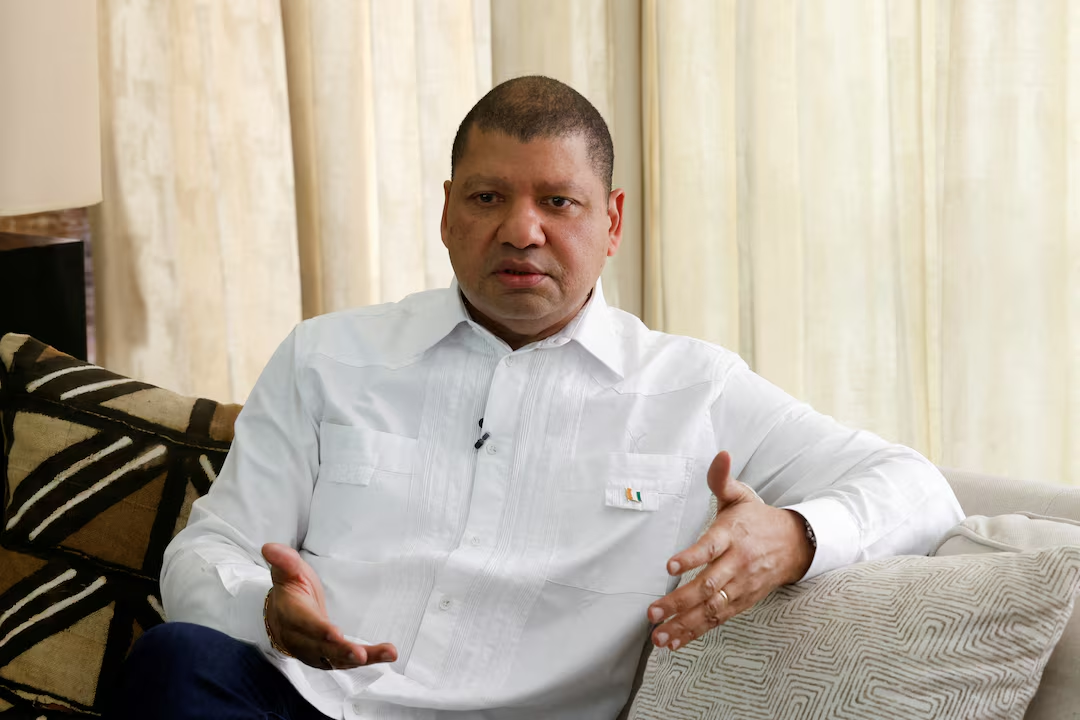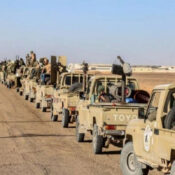Pope Francis’s economy: A legacy for the advancement of Africa
Pope Francis, who had a lasting impression on the world, was a fearless moral economist in addition to being a spiritual leader. His philosophy, which is based on respect for human dignity, unity, and the weak, provides important insights for Africa’s future. His message goes beyond religion to address Africa’s pressing need for inclusive, sustainable development in a continent with many different religions.
Africa’s young vitality, expanding marketplaces, and demographic boom are frequently heralded as indicators of unavoidable advancement. However, for millions of people, economic exclusion still occurs on a daily basis. Pope Francis issued a warning about the “economy of exclusion,” in which the few profit from growth while the majority are left behind. In a continent where underdevelopment, unemployment, and inequality continue to threaten security and hope, his plea for an economy that serves people rather than just profits strikes a profound chord.
Francis has always disagreed with the idea that GDP growth is enough to gauge economic progress. He maintained that development ought to be comprehensive, addressing social, economic, and environmental well-being all at once. The very issues he brought up—dependence on extractive sectors, brittle service economies, and a lack of job creation—are frequently reflected in Africa’s present growth trends. His legacy challenges Africa to reconsider its conceptions of wealth by emphasizing sectors that generate respectable employment, add value locally, and fortify social bonds.
Another cornerstone of Francis’ economic philosophy was environmental responsibility. His seminal encyclical Laudato Si’ emphasized the connection between social inequality and environmental deterioration. Africa has some of the greatest repercussions of climate change, including food shortages, displacement, and desertification, despite having made the least contribution to it. Pope Francis’ appeal to “care for our common home” is in line with African customs of protecting the environment and provides a potent focal point for creating resilient, green economies founded on biodiversity preservation, renewable energy, and sustainable agriculture.
Francis’ concept of solidarity, which is based on fraternity rather than charity, also contains important insights. He questioned international structures that maintain marginalization and inequity. His conviction that development must be co-created rather than forced can be a source of affirmation for Africa, which is frequently left out of decision-making processes in international trade and financial systems. His remarks support Africa’s demands for debt justice, more equitable trade ties, and a redesigned multilateralism that places African agency at its core rather than on the periphery.
His example of supporting migrants, refugees, and the displaced was perhaps the most notable. Francis constantly emphasized the humanity and dignity of people who are compelled to relocate in a society where stories about migration are sometimes dominated by fear. His leadership provides a compassionate foundation for policies based on rights, inclusion, and opportunity for Africa, where displacement from conflict, climate change, and economic pressures is still pervasive.
Pope Francis trusted grassroots innovators, entrepreneurs, and youth to bring about change, independent of governments and institutions. The enthusiasm he felt was required for systemic change is shown in his Economy of Francesco campaign, which attracted young intellectuals and activists from all over the world. The vibrant young people of Africa are in a good position to answer this call and create innovative, socially and ecologically responsible enterprises and systems.
Africa is invited to action in honor of Pope Francis, not just appreciation. From extractive models to economies of care, from growth for its own sake to growth that benefits everyone, his legacy calls for a profound change. It serves as a reminder that dignity, solidarity, and stewardship must serve as the foundation for development—not as idealistic concepts, but as practical guidelines that direct investment, policy, and innovation.
Africa is at a turning point in its history. Although there are many obstacles to overcome, there are also many opportunities. Pope Francis’ vision is an invitation, not a prescription, to envision and create a future in which economies uplift all voices, serve humanity, and safeguard the environment.
By commemorating his legacy, Africa has the chance to not just follow a path but also take the lead in demonstrating to the rest of the world that alternative growth is not only feasible but also essential.
All Categories
Recent Posts
Tags
+13162306000
zoneyetu@yahoo.com


